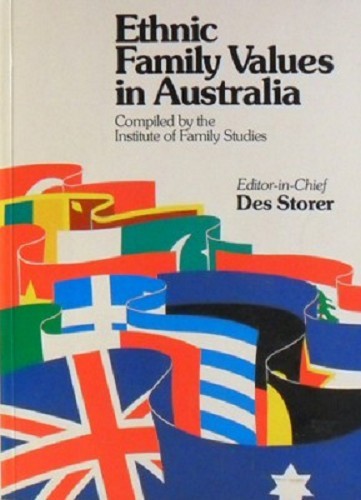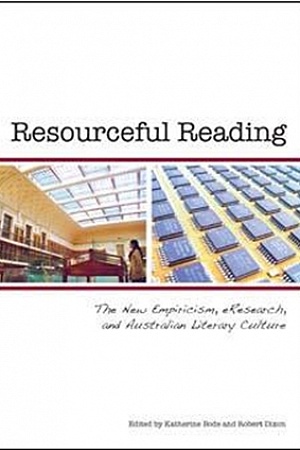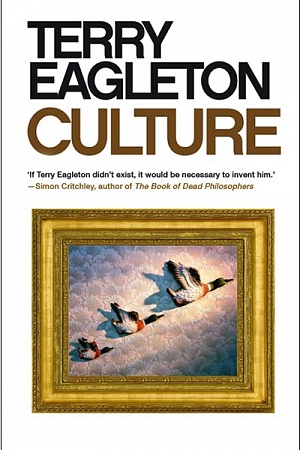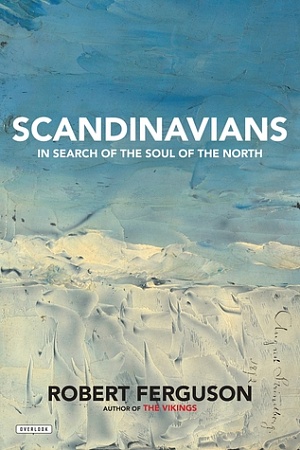Ethnic Family Values in Australia
Compiled by the Institute of Family Studies Prentice-Hall, $18.95 pb, 341 pp
Our Multicultural Society: In our real world
It is eight years since Jean Martin’s book The Migrant Presence (1978) eloquently pointed out the extensive resecuring required in our mainstream institutions to redress an entrenched inequality. Problems experienced by migrants were pervasively dealt with in ways that blamed the victims. At worst, the different cultural backgrounds themselves were indicted as the problem. In the face of Australia’s accelerating demographic revolution, we conveniently avoided confronting the changes called for in our own cultural perspectives and social institutions. ‘Assimilation’ blanketed the field with its ill-explored assumption that the migrants were the misfits. Their differences were of little interest and were anyway temporary. Migrants would of course change rapidly to become like ourselves. This view was supported by a yawning silence. There was no book such as Ethnic Family Values.
In belated acceptance of our contemporary cultural and structural diversity, we now speak of ourselves officially as a multicultural society. If the phrase is to mean more than window dressing, the dimensions of our diversity need to be shared and understood. A primary aim of Ethnic Family Values is to discuss that diversity in a concrete manner so that professionals in the area of social work, police departments, health service workers, teachers and others whose jobs involve delivery of the services of our mainstream institutions may have some knowledge of their clients. Of these, ‘one-quarter were born overseas (approximately 55% of them non-English) and a further 20 per cent … have at least one parent born overseas’. The articles address ‘a vast ignorance and insensitivity to different value systems’, largely avoiding the danger of stereotyping inherent in an attempt to convey the elements of a different culture briefly. It is not on ‘culture’ in some abstract or romanticized sense that they focus. Their aim instead is to provide factual· information in the. areas of family life, family law, sex roles and the adaptation of these in Australia. A team of writers between them consider Italian, Yugoslav, Greek, Turkish, Lebanese, Pakistani, Sri Lankan, Vietnamese and Aboriginal families. The information provided covers seventeen ethnic groups and seven major religions. It is sad that the article on Aboriginal families comes last. The history of our inhumanity and our trenchant refusal to understand their cultural precepts or to accord them any dignity represents in harsher form a legacy inherited by many immigrant groups. This stark fact would have been clearer if we had been confronted first with the Aboriginal experience.
Continue reading for only $10 per month. Subscribe and gain full access to Australian Book Review. Already a subscriber? Sign in. If you need assistance, feel free to contact us.











Leave a comment
If you are an ABR subscriber, you will need to sign in to post a comment.
If you have forgotten your sign in details, or if you receive an error message when trying to submit your comment, please email your comment (and the name of the article to which it relates) to ABR Comments. We will review your comment and, subject to approval, we will post it under your name.
Please note that all comments must be approved by ABR and comply with our Terms & Conditions.